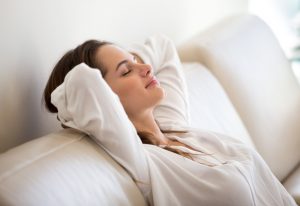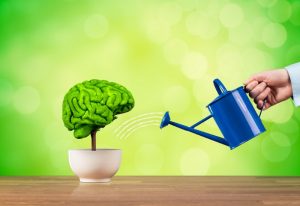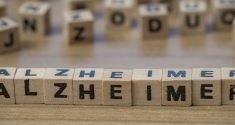Napping can either leave you refreshed and ready to face the day or depleted and exhausted. According to several sleep experts, the difference often lies in what time of day you choose for your siesta. In short, the best time to nap appears to be early or middle afternoon, a nap time that can result in very specific benefits for your energy levels, your circadian rhythm and your overall health.
The Benefits of Napping

However, napping in the right amounts and at the right times can actually be beneficial to your circadian rhythm and your health. A nap that is between 15 and 30 minutes can help you to feel more alert and to function better throughout your day. Researchers note that the human body actually appears to be designed for a short rest about eight hours into the day. Studies by NASA have found that people who take naps are more alert and attentive throughout their workday.
If you are questioning whether you need a nap, just consider the following benefits:
- increased mental function
- increased ability to form new memories and incorporate information
- decreased risk of dying from heart disease
- lower blood pressure
- decreased stress
- decreased levels of hunger, which can lead to lower weight
- better mood
If the simple urge to catch a nap isn’t enough to get you to catch some sleep in the afternoon, these health benefits should be compelling. However, it is important to plan naps so they give maximum health benefits without interfering with your rest at night.
The Best Time to Nap
Most people have been napping since they were infants. However, napping for maximum benefit as an adult is an art. The length of your nap is crucial. Most experts recommend sleeping for less than half an hour. This number is not chosen arbitrarily; this is the longest time that you can sleep before your body begins entering deeper phases of sleep. Waking from these deep sleep phases will leave you feeling groggy and even more tired than when you first closed your eyes.
In addition, sleeping long enough to go through sleep cycles can interfere with your sleep at night. Long naps simply aren’t as restorative and can rob you from sleep later on. In addition, long naps have been linked to an increased risk of diseases such as heart disease and diabetes.
Getting the Most Out of Your Naps
Modern people have busy lives. If you are going to take a half-hour out of your day to rest, it is important to get the most from it.
Timing is everything when it comes to napping. Most experts say that the best time is between 2 and 3 p.m. In general, the best nap begins around seven hours after you wake up and ends less than three hours before you plan to go to bed for the night.
As we are awake during the day, our bodies build up a “sleep drive” that makes us feel gradually more tired throughout the day. A short nap midway through the day can decrease this sleep drive and help us to get through the last hours of our day feeling refreshed and alert.
Feeling Refreshed Throughout Your Day

- Plan to nap around seven hours after awakening.
- Set an alarm so you don’t sleep more than half an hour.
- Find a calm, comfortable and dark area for your nap.
- While it is fine to nap after lunch, try to avoid napping for about an hour after you eat. Food can make it difficult to get restful sleep.
- Avoid caffeine after the early morning. It will interfere with your nap as well as your sleep at nighttime.
- If you do not have time or inclination for a nap, consider meditation, yoga, or other calming practices.
Napping is not just for children. Many adults can benefit from adding just a few minutes of sleep to their busy days. If planned correctly, napping does not have to interfere with your nightly rest. A nap should not be seen as a sign of laziness, but rather a sign that you are willing to get the sleep you need to excel throughout the rest of your busy day.







